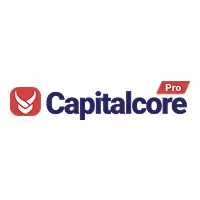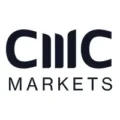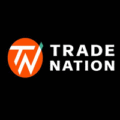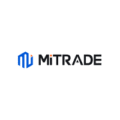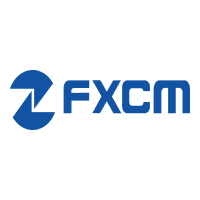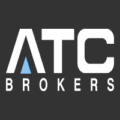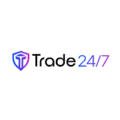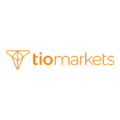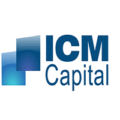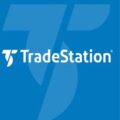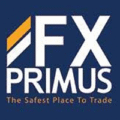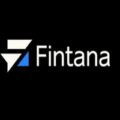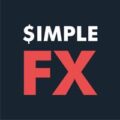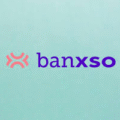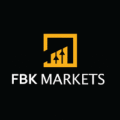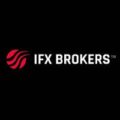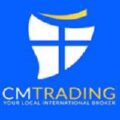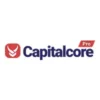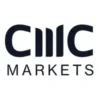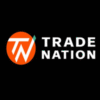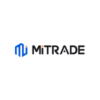Choosing the right forex broker is vital for your growth and safety in the forex market. With many options available, traders must carefully check a broker against specific factors to ensure it matches their needs and follows industry rules. The most important points to review include:
Regulation – Confirm the broker is licensed by a trusted authority for security and transparency.
Costs – Review spreads, commissions, and any extra charges that affect profits.
Platform – A stable and easy-to-use trading platform is necessary for smooth execution.
Accounts & Deposits – Look for account options and minimum deposits that fit your trading level.
Support – Reliable customer service should be available whenever you need assistance.
Funding Methods – Ensure deposits and withdrawals are fast, safe, and convenient.
Education – Access to tutorials, guides, and analysis can help you improve.
Leverage – Check the leverage and margin rules to manage risk effectively.
Instruments – A wide choice of currency pairs, commodities, indices, or crypto allows more opportunities.
Things to Consider for Forex Brokers Review
Experts use several criteria to evaluate forex brokers, though some factors carry more weight than others. To help you choose the right broker, we’ve highlighted the key elements that matter most in forex trading assessments.
No matter your level of experience, reading forex brokers review is essential for making smart trading decisions. These reviews simplify the process, guiding you toward trustworthy brokers and saving you the time and effort of researching each option on your own.
With so many brokers in the market, finding one that fits your needs can feel overwhelming. That’s why we provide side-by-side comparisons, a curated list of top brokers, and practical tips to help you make an informed choice.
List of Best Forex Brokers Review 2026
The Role of Brokers in Forex Trading
A forex broker is a financial services company that provides traders with a platform to buy and sell foreign currencies. These brokers act as intermediaries between traders and the foreign exchange market, facilitating transactions and offering tools such as real-time market data, charting software, and educational resources. They earn revenue through spreads—the difference between the bid and ask prices—or by charging commissions on trades. Selecting a reputable and regulated forex broker is crucial for ensuring a secure and efficient trading experience.
 Importance of Regulatory Compliance and Safety of Funds
Importance of Regulatory Compliance and Safety of Funds
When selecting a forex brokers review, prioritizing regulation and the security of client funds is essential. Engaging with brokers overseen by reputable regulatory authorities ensures adherence to strict standards, safeguarding traders from fraudulent activities. These regulatory bodies enforce guidelines on capital requirements, transparency, and client protection. Other Safety and Security measures to consider include:
- The Segregation of Client Funds
- Two-factor authentication
- Know Your Customer (KYC)
Comparing and Selecting Account Type
When evaluating a forex broker, it’s essential to compare the various account types they offer to determine which aligns best with your trading experience, capital, and strategy. Here’s an overview of common forex account types:
Cent Account or Micro Accounts
Cent or Micro Accounts is perfect for Novis Traders. A Cent account will allow users to trade with micro-lots where the value of a pip is much lower compared to standard accounts.
Basic or Standard Accounts
A Basic or Standard account is suited to both beginner and professional traders. It offers standard lot sizes, making it a perfect choice for individuals with moderate experience in forex trading. This account type provides a good balance between risk and potential reward.
ECN Account
Electronic Communication Networks, or ECN accounts offer direct access to other market participants. ECN Accounts are best suited to scalpers and day traders who require quick execution and aim to bypass the broker’s dealing desk.
Islamic Account
Also referred to as a swap-free account, an Islamic Account aligns with Sharia law and avoids swap or rollover interest on overnight positions.
Trading Platforms and Technology
Trading Platforms and Tools are essential to a successful trading experience. Trading platforms can be tested by opening a Demo Account. The most popular trading platforms on offer include:-
MetaTrader 4
MT4 is popular for its user-friendly interface, advanced charting tools, and algorithmic trading capabilities.
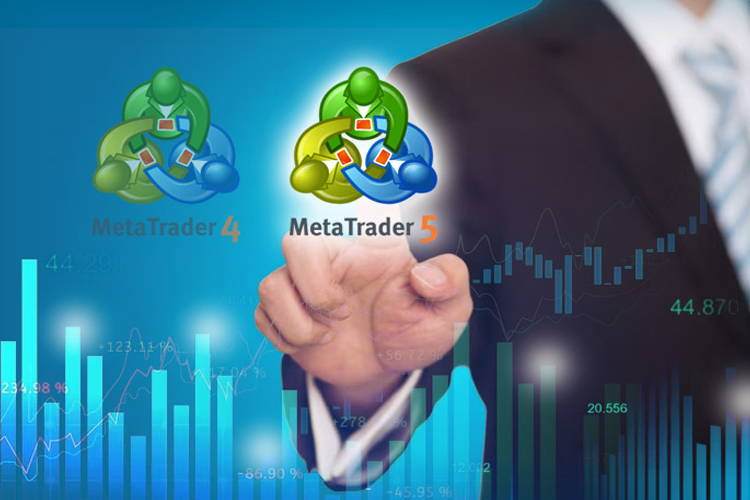
MetaTrader 5
MT5 offers additional timeframes, chart types, and technical indicators. Many brokers create exclusive platforms for their services, offering unique tools and resources.
Importance of Trading Conditions
In Forex Broker Reviews, it is important to break down and asses the available trading conditions and the importance thereof. These factors determine the accessibility of forex trading to different types of investors and the cost and flexibility of trading operations. By thoroughly assessing the trading conditions on offer, traders can match their trading requirements with the most appropriate broker, enhancing their trading journey and potential profits.
Spreads, Leverage, and Commission Structures
Understanding the trading conditions of a forex broker is crucial for guiding a trader’s path, influencing both the initial costs of trading and the overall financial impact of account management. Therefore, mastering spreads, leverage, and commission structures is essential for traders looking to enhance their trading strategy and reduce unnecessary costs. Spreads: In short, Spreads are the main cost of trading. Spreads show the gap between the bid and ask prices of currency pairs. Forex Brokers will have 2 Types of Spreads on offer:
Fixed Spreads
Variable Spreads
Fixed spreads offer consistent trading costs, while variable spreads can vary based on market conditions. Leverage: By using leverage a trader will increase their market exposure, enabling them to take larger positions with only a small amount of capital. Leverage can boost profit potential, but it also raises the possibility of significant losses. Traders must choose a leverage level that matches their risk tolerance and trading strategy. Commission Fees: Different commission structures are in place, such as a fixed fee per trade, costs embedded within spreads, or a combination of both. Choosing the right commission structure can greatly impact the total trading costs, particularly for traders who make a lot of trades.
Additional Fees
In addition to these main expenses, traders should also consider extra charges that may impact a trader’s profits:
- Overnight fees or Swap Rates.
- An Inactivity Fee.
- Currency conversion Fees.
Additional charges for account maintenance, withdrawals, premium reports, or expedited support services may apply.
Level of Customer Support and Service
When we review a Forex Broker, we test and evaluate the level of customer support and service on offer. This is an important factor to consider as it can significantly influence a client’s trading experience and ability to resolve issues. Factors to Consider when it comes to Customer support include:
- Availability and Language Support
- Professionalism and Responsiveness
 Research Tools and Educational Materials
Research Tools and Educational Materials
Providing research tools and educational materials is crucial to a forex broker’s service, greatly improving a trader’s decision-making capabilities. These resources are essential for traders to gain the knowledge and insights to navigate the forex market effectively and enhance their trading skills. Assessing and reviewing a forex broker involves looking at the quality and availability of market analysis and the comprehensiveness of educational programs to determine the level of support provided to clients.


